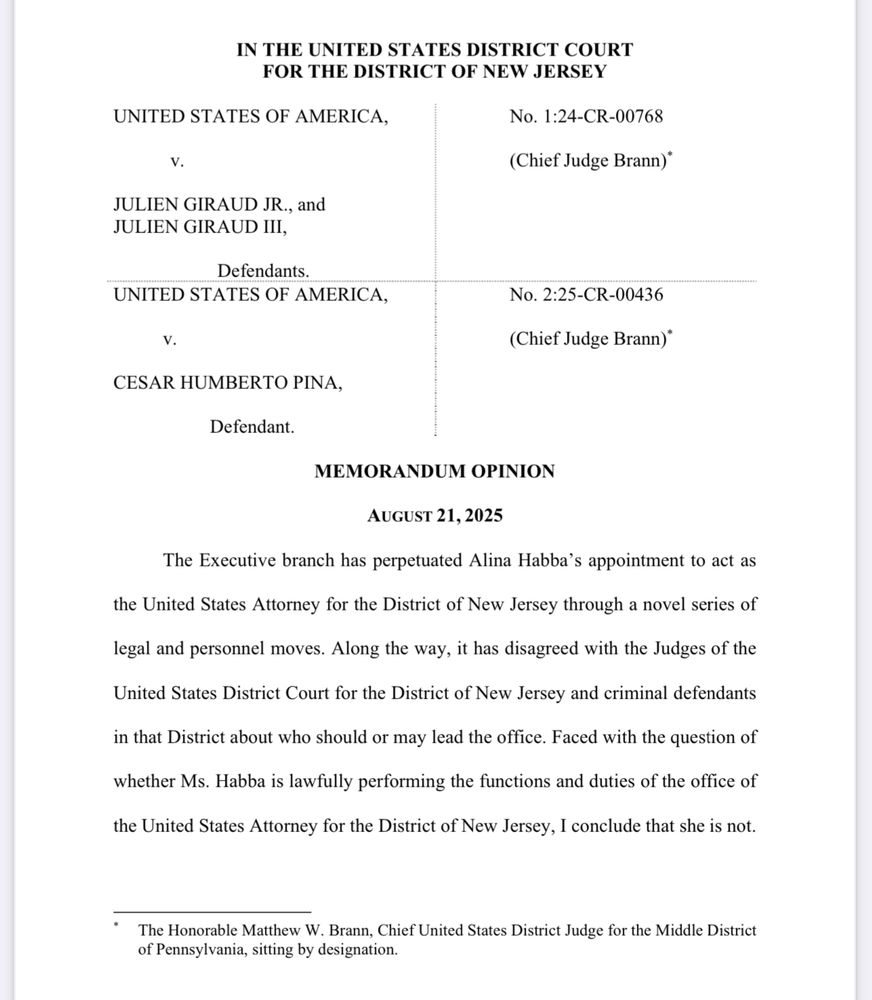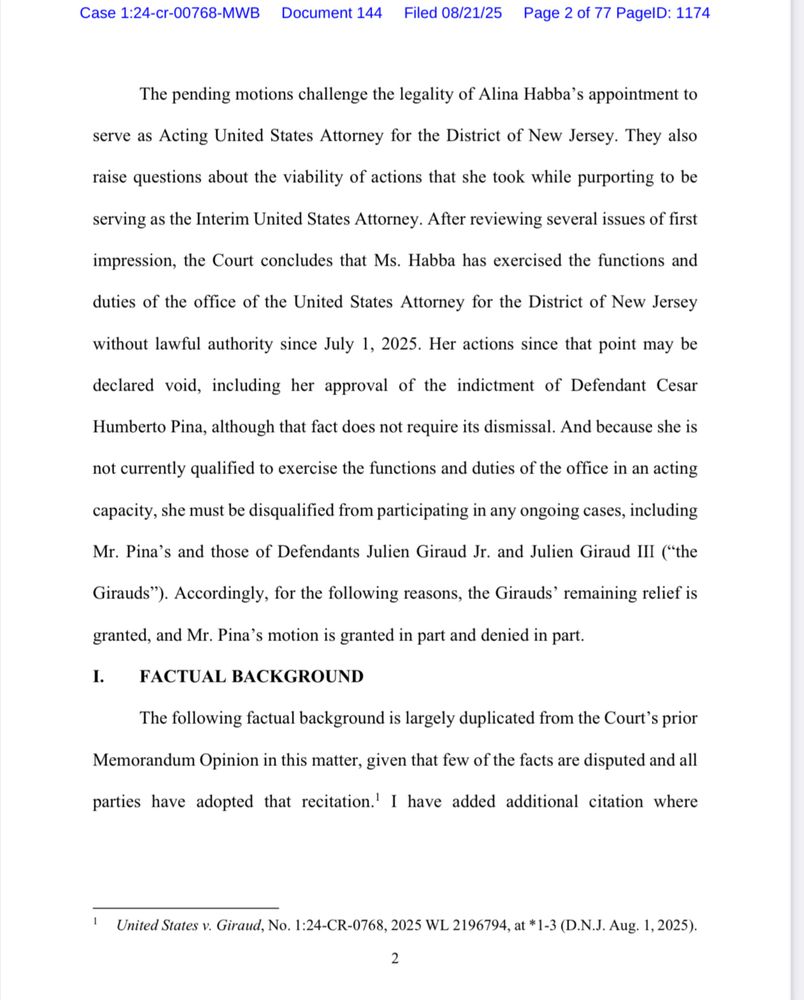Thomas Berry
@thomasberry.bsky.social
1.9K followers
460 following
150 posts
Director, Robert A. Levy Center for Constitutional Studies, Cato Institute. Editor in Chief, Cato Supreme Court Review.
https://www.cato.org/people/thomas-berry
Posts
Media
Videos
Starter Packs
Reposted by Thomas Berry
Reposted by Thomas Berry
Thomas Berry
@thomasberry.bsky.social
· Aug 22
Thomas Berry
@thomasberry.bsky.social
· Aug 22
Thomas Berry
@thomasberry.bsky.social
· Aug 22
Thomas Berry
@thomasberry.bsky.social
· Aug 22
Thomas Berry
@thomasberry.bsky.social
· Aug 22
Thomas Berry
@thomasberry.bsky.social
· Aug 22
Thomas Berry
@thomasberry.bsky.social
· Aug 22
Thomas Berry
@thomasberry.bsky.social
· Aug 22
Thomas Berry
@thomasberry.bsky.social
· Aug 22
Thomas Berry
@thomasberry.bsky.social
· Aug 22
Thomas Berry
@thomasberry.bsky.social
· Aug 22
Thomas Berry
@thomasberry.bsky.social
· Aug 22














